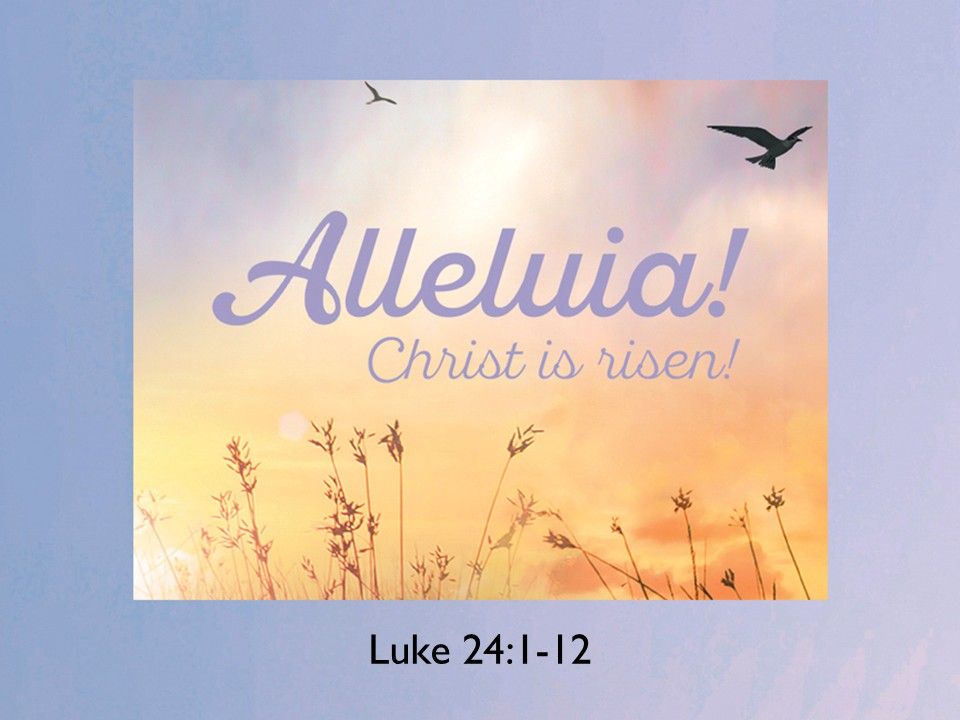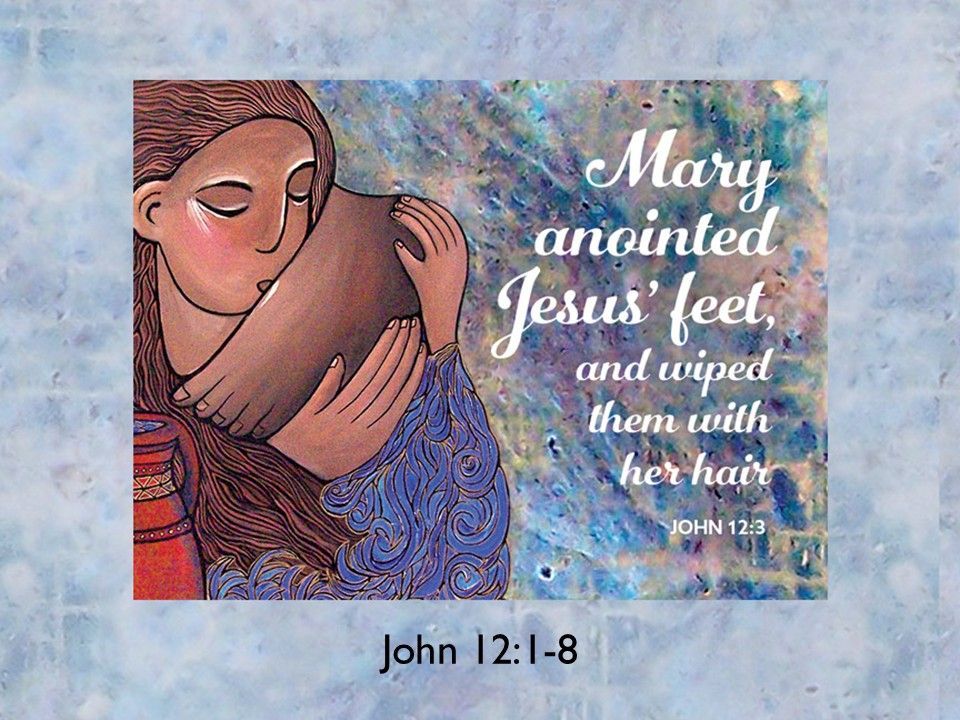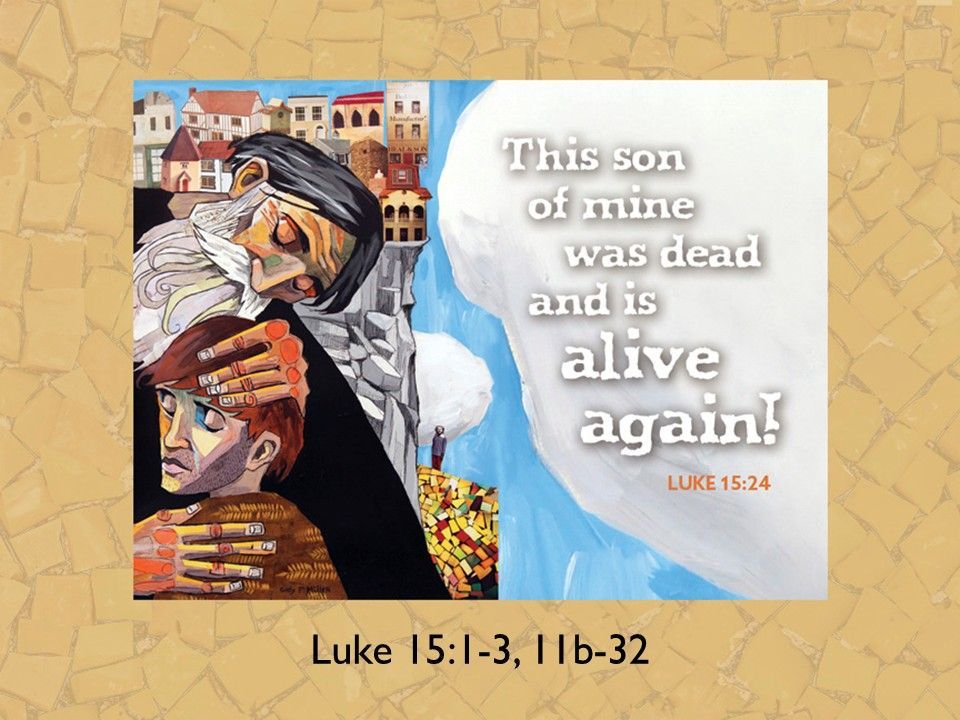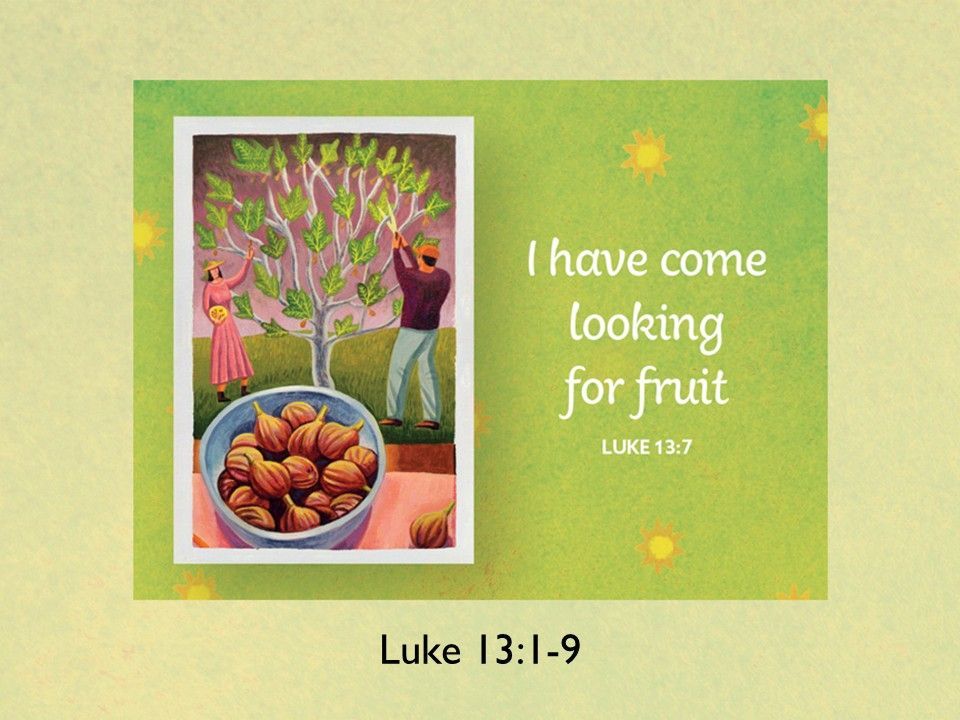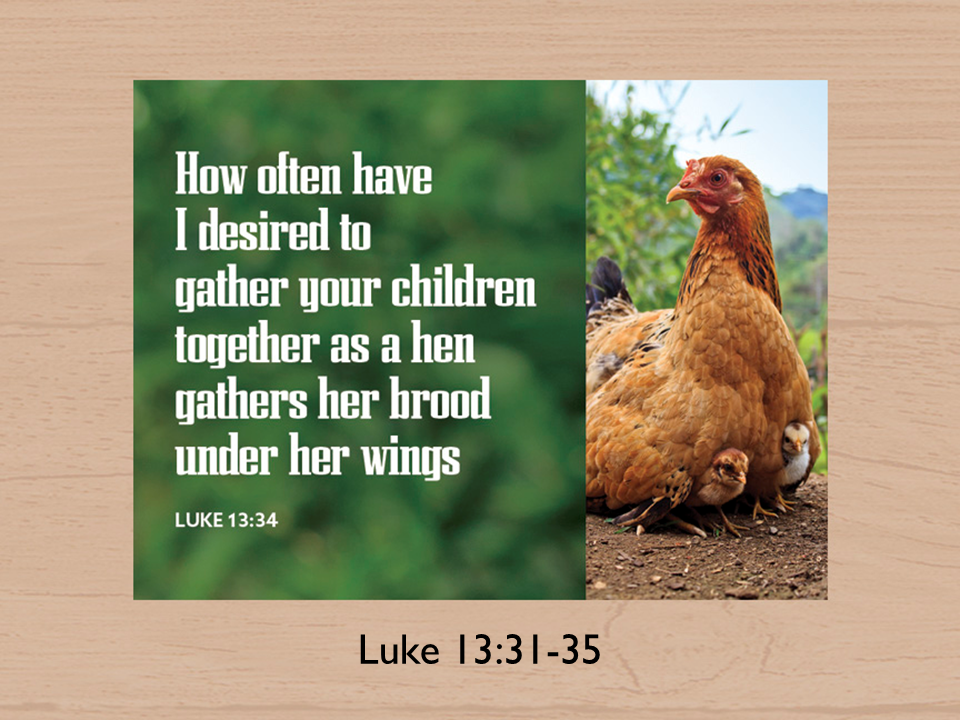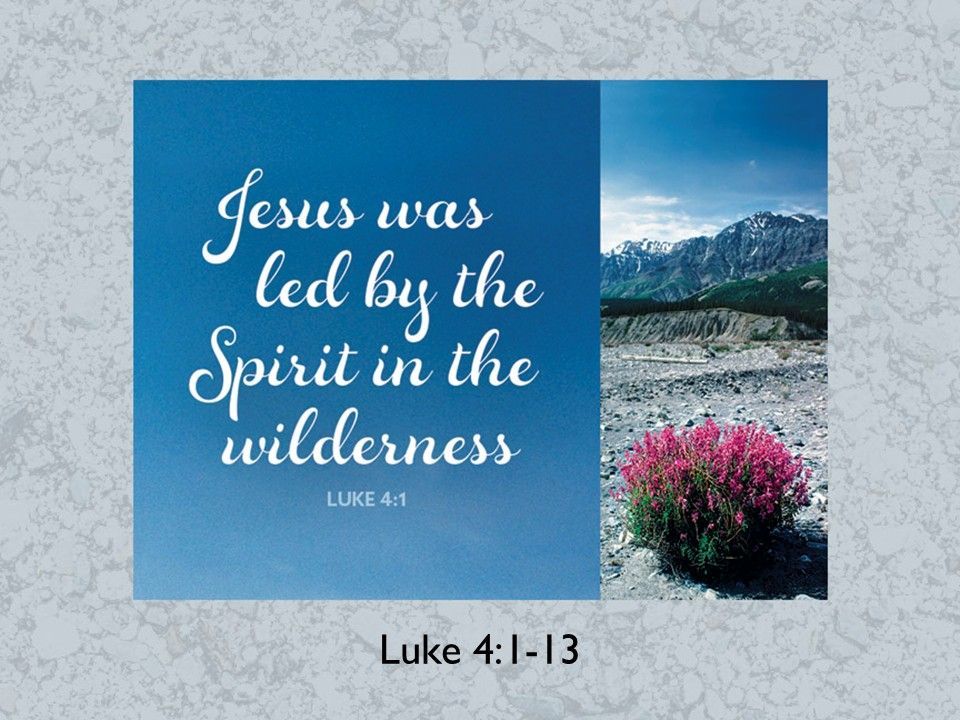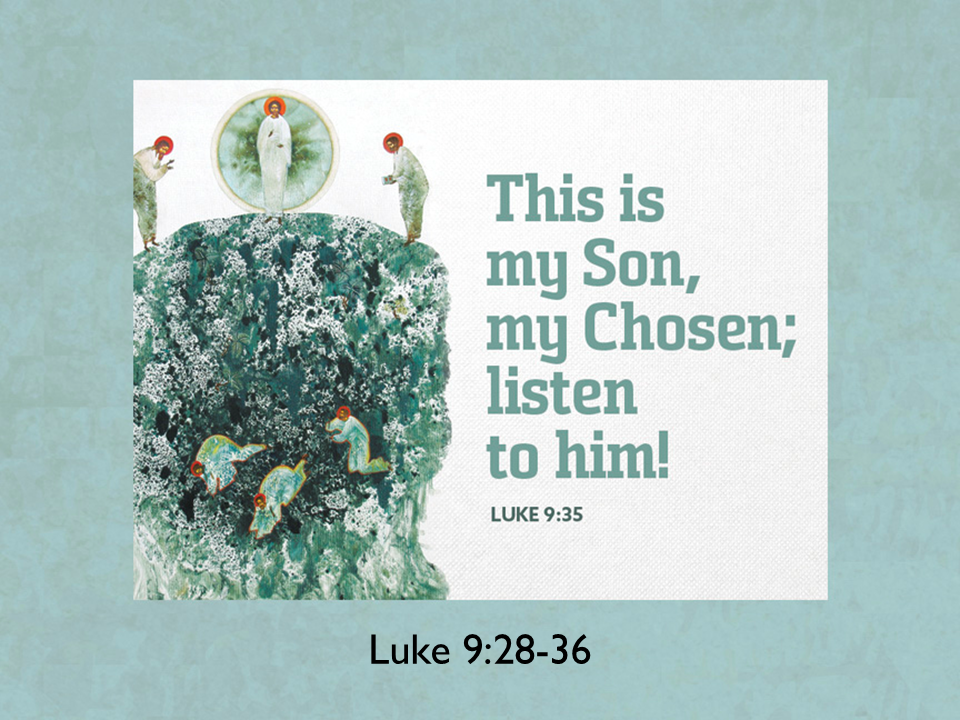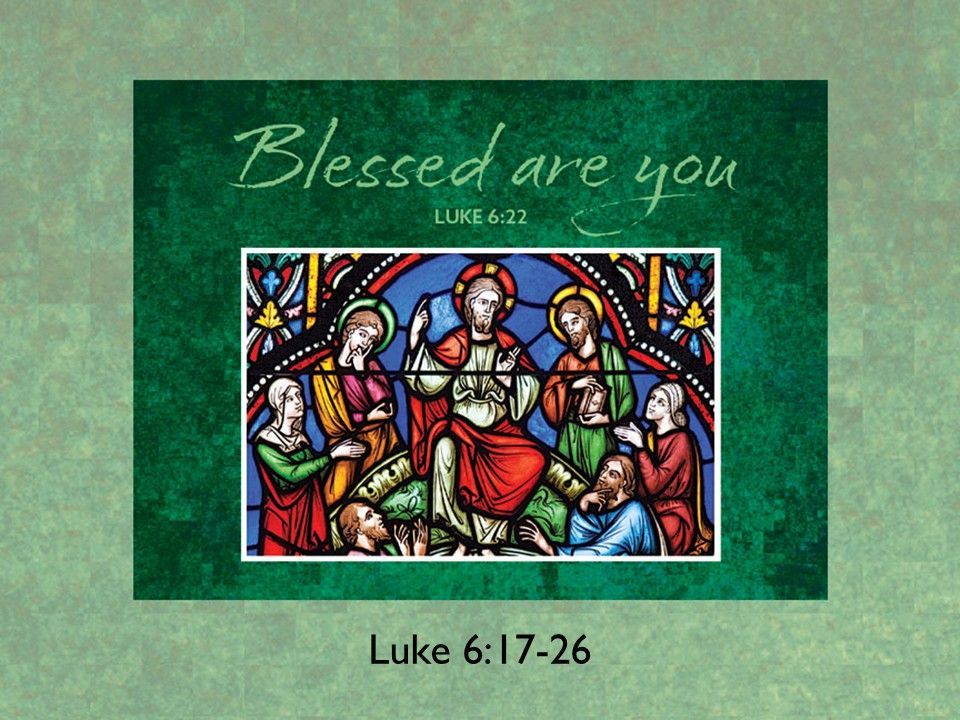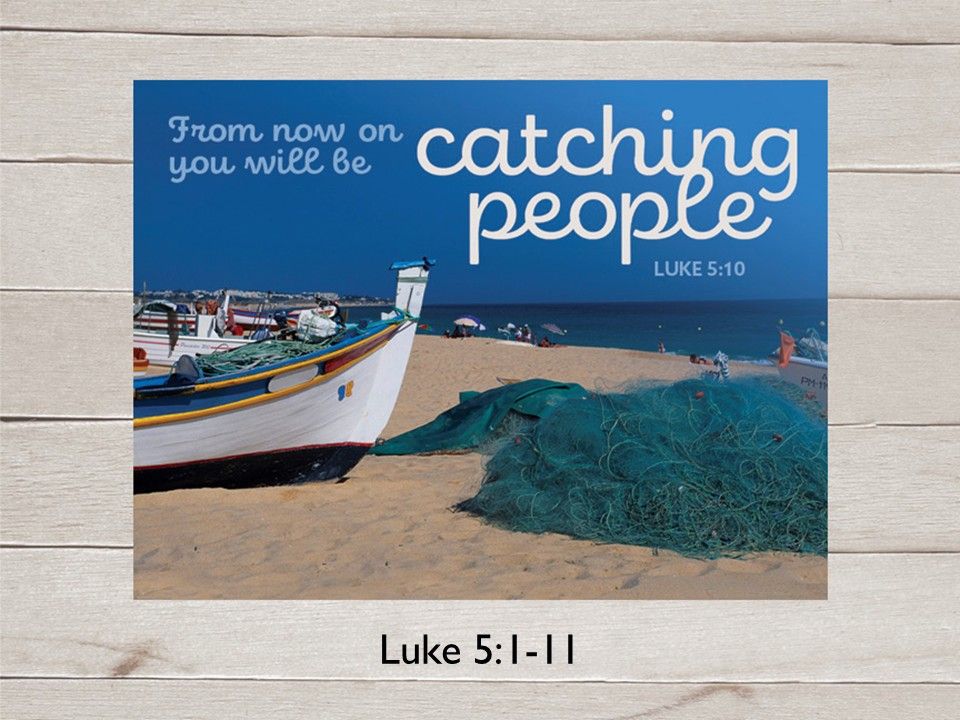04.13.2025 - Palm Sunday - Kris Perkola
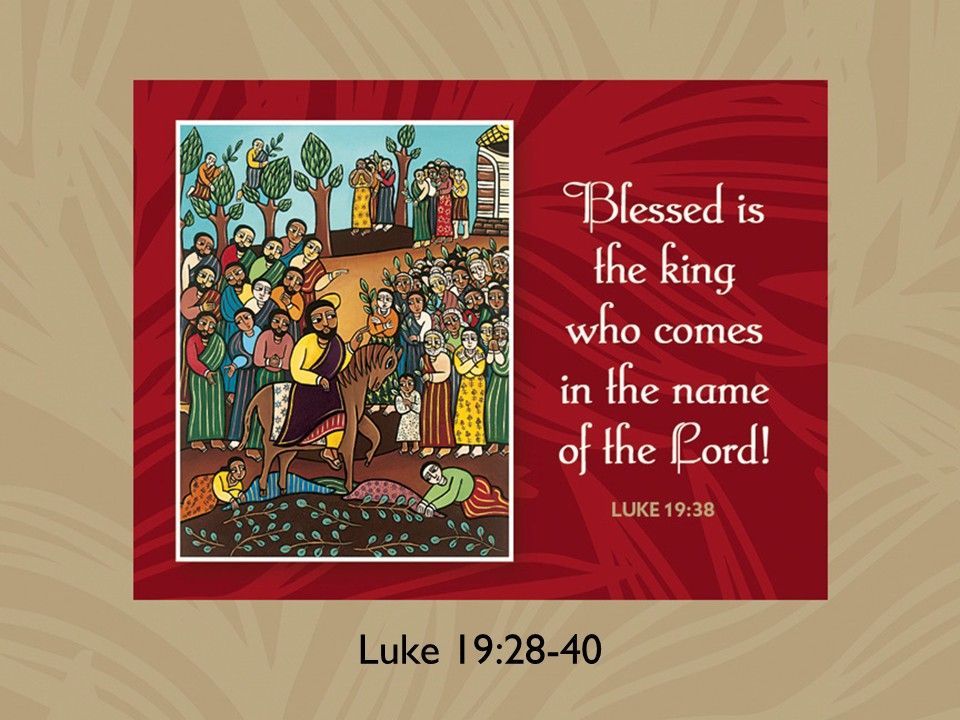
In this passage, Jesus makes his triumphal entry into Jerusalem to the praise of the people and his disciples. This is the Lukan account of what is celebrated as Palm Sunday. All four gospels contain this story, but this is the only one missing the titular palms that the people waved, according to the other gospels. Instead, Luke’s focus is on the Spirit-led praise that is given to Jesus in joy by those who witness this event.
In Luke’s account, Jesus had just finished giving a parable about a king returning with royal power. It’s similar, but different to the more familiar parable of the talents from the gospel of Matthew. In this parable, the king receives royal power, but has opponents who try to prevent it. It’s possible that Jesus is predicting how the religious establishment is about to oppose him as he comes into Jerusalem.
After finishing his parable, Jesus sends out some disciples to get a colt for him to ride on. Luke sets this up as a prophecy. Jesus knew that the donkey would be there and that the disciples would be able to get it easily. Getting a donkey to ride in on would subvert the expectations of those who expected Jesus to enter Jerusalem as a conquering-style king. Instead, he enters the city like Solomon did nearly a 1,000 years before, by riding an animal which was a symbol of peace.
By the time Jesus is riding the colt, something strange seems to come over the multitude of Jesus’ followers. This would have been all the people who had been following Jesus, not just the twelve. These followers begin to praise Jesus by quoting scripture and recalling all the miracles that Jesus performed. This whole event probably felt like a traveling revival and seems to have upset the religious authorities. They tell Jesus to quiet his followers, but Jesus says that the stones would cry out in their place if he did.
In Luke’s version of this story, I think that Luke is making this event a mini- Pentecost. Luke is our best source for Pentecost, which he depicts in Acts 2. There the disciples, filled with the Holy Spirit, proclaim God’s deeds of power. They do that here, too, but without all the fancy extra languages they use at Pentecost. I think this is also why Luke leaves out the palms and the “hosannas”. Both of those things were symbols of national struggle for ancient Israel, and they would distract from Luke’s point about this event being about the Holy Spirit moving in Jesus’ followers to share all that God had done through Jesus. Luke hoped that the Holy Spirit continued to move in his congregation to continue to proclaim who Jesus is. Hopefully, the Spirit continues to move in our community the same way today!



